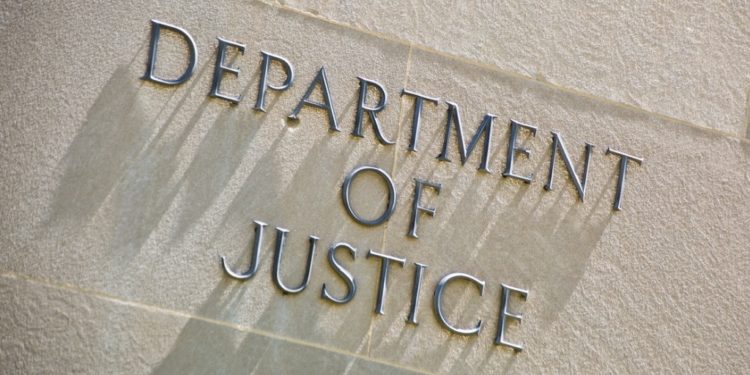On January 15, Pam Bondi, President-elect Trump’s nomination to be the Attorney General of the United States, voiced her support for the constitutionality of the False Claims Act during her Senate confirmation hearing.
The False Claims Act’s qui tam provisions, which enable whistleblowers to bring forward lawsuits alleging contracting fraud against the government, have faced recent attacks on their constitutionality.
In September, the U.S. District Court for the Middle District of Florida ruled that the False Claims Act’s qui tam provisions violate the Appointments Clause of Article II of the Constitution because qui tam whistleblowers who file suits on behalf of the U.S. government alleging fraud are granted “core executive power” without any “proper appointment under the Constitution.”
In a brief filed in early January, the U.S. federal government urged the U.S. Court of Appeals for the Eleventh Circuit to reverse a district court ruling, noting that “other than the district court here, every court to have addressed the constitutionality of the False Claims Act’s qui tam provisions has upheld them.”
During Bondi’s confirmation hearing, Senate Chuck Grassley (R-IA) asked if she believed that the False Claims Act is constitutional and if she would commit to continuing the Department of Justice’s defense of its constitutionality. Grassley spoke about how, thanks in large part to “patriotic whistleblowers,” the False Claims Act has resulted in over $78 billion in collections for the government since 1986.
“I would defend the constitutionality of course of the False Claims Act,” Bondi stated. “The False Claims Act is so important, especially by what you said with whistleblowers.”
Under the False Claims Act’s qui tam provisions, individuals may file lawsuits alleging government contracting fraud on behalf of the United States. The government then has the ability to intervene and take over the case, intervene and dismiss the case, or not intervene and let the whistleblower proceed with the suit. In successful qui tam cases, regardless of whether the government intervenes, whistleblowers are eligible to receive between 15 and 30% of the settlement or judgment.
Whistleblower advocates have warned of dire consequences should the district court ruling stand and have also outlined why it is inconsistent with prior case precedent and misinterprets the qui tam provisions.
Further Reading:
Qui Tam Provisions Are Constitutional, U.S. Government Claims in Brief


